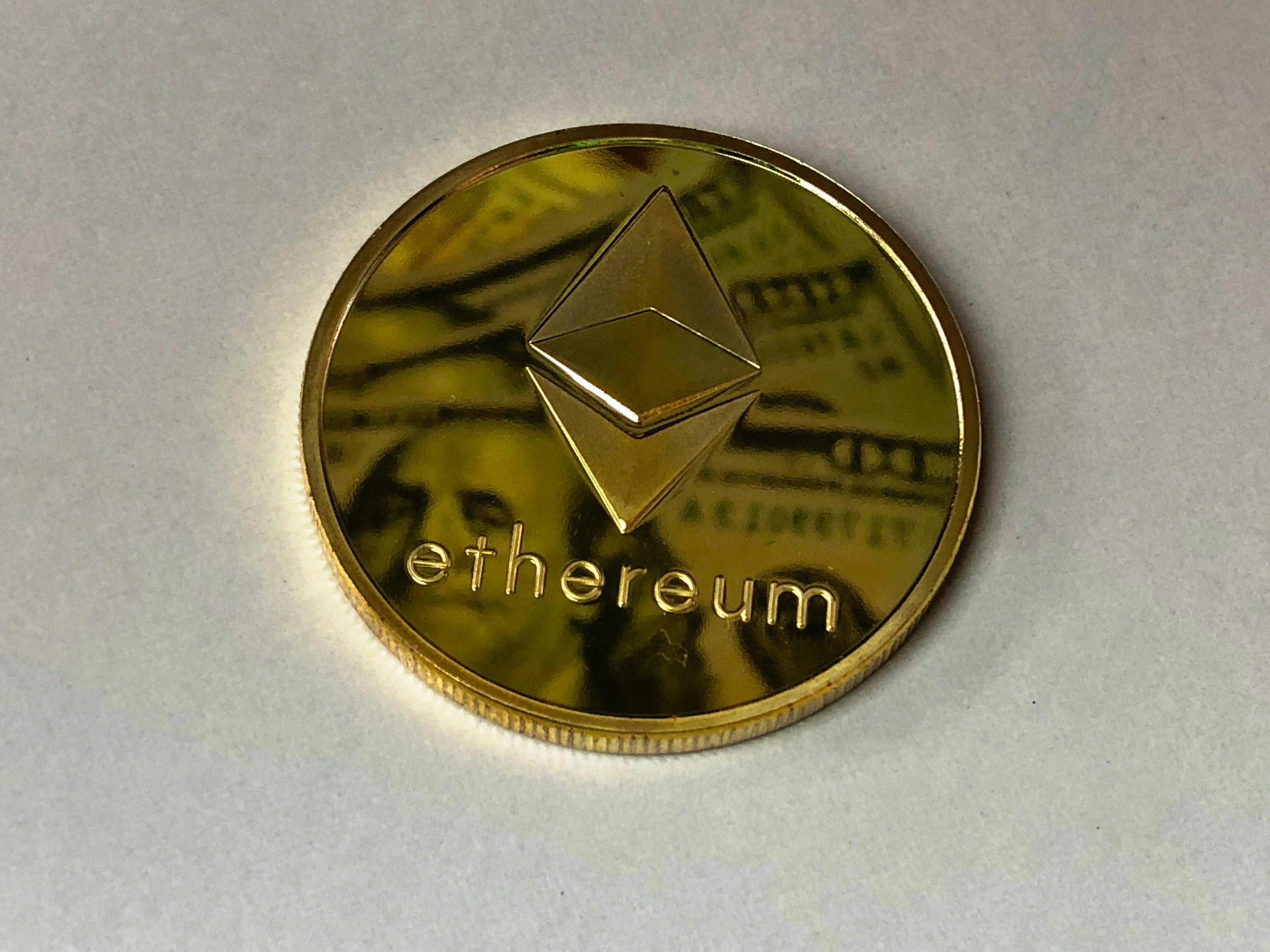The Ethereum Name Service (ENS), a prominent blockchain-based domain name service, recently faced a challenge regarding ownership of the crucial domain eth.link. This domain serves as a critical bridge, allowing users to access their .eth addresses through traditional web browsers. However, an 18-month legal battle with Manifold Finance over its ownership culminated in a recent vote by the ENS DAO, a decentralized autonomous organization governing the project.
Understanding eth.link’s Importance:
ENS simplifies user experience by converting complex Ethereum wallet addresses into human-readable names (e.g., “john.eth”). However, these .eth addresses aren’t directly recognized by conventional browsers. eth.link bridges this gap by enabling users to access their .eth addresses by appending “.link” to their names, allowing for seamless interaction with websites using traditional browsing protocols.
The Dispute and its Resolution:
In July 2022, the domain expired due to the imprisonment of its prior owner. GoDaddy, the initial registrar, allowed the expiration, and Manifold subsequently acquired it at auction. Recognizing the domain’s criticality, ENS initiated legal action against all parties involved, ultimately securing a court order in Arizona in July 2023 that compelled Dynadot (another registrar) to transfer ownership back to ENS.
Seeking to avoid further legal proceedings, ENS presented a settlement proposal to the ENS DAO community for a vote. The proposal, approved with an 88% majority, involved:
- Settlement Payment: ENS paying Manifold Finance $300,000.
- Retaining Ownership: ENS retaining control of the eth.link domain.
- Reimbursement: Reimbursing ENS Labs $750,000 for legal fees incurred during the dispute.
Implications and Considerations:
While the resolution brings the legal battle to an end, it raises several key considerations:
- Centralized Intervention in a Decentralized Space: While ENS operates as a decentralized project with a DAO, the legal resolution ultimately relied on a centralized court system. This raises questions about the true level of decentralization within ENS and similar blockchain-based projects.
- Costs of Maintaining Decentralized Infrastructure: The settlement and legal fees highlight the significant financial burdens associated with maintaining decentralized infrastructure, potentially hindering wider adoption and accessibility.
- Open-Source Innovation and Patent Concerns: Concerns exist, as mentioned by ENS founder Nick Johnson, regarding Unstoppable Domains’ patents on blockchain domain-related functionalities. This highlights potential challenges in balancing open-source innovation with intellectual property protection in the rapidly evolving Web3 space.
Beyond the Settlement:
The ENS-Manifold case transcends the specific domain name and legal battle. It signifies the complex challenges surrounding:
- Evolving Legal Frameworks: Defining appropriate and clear legal frameworks for ownership and dispute resolution concerning digital assets and emerging technologies like blockchain.
- Balancing Decentralization and Efficiency: Striking a balance between maintaining the decentralized ethos of Web3 projects while ensuring efficient and cost-effective conflict resolution mechanisms.
- Fostering Open Innovation: Encouraging open-source innovation that fosters collaboration and growth within the blockchain domain space while addressing concerns around potential patent restrictions.
Conclusion:
The ENS-Manifold case serves as a valuable case study, highlighting the intricate interplay between domain ownership, decentralization, legal frameworks, and open-source innovation within the Web3 realm. As the blockchain space continues to evolve, tackling these challenges head-on will be crucial for fostering a sustainable and thriving ecosystem that upholds the core principles of decentralization and fosters a culture of collaboration and open innovation.


Join the Discussion